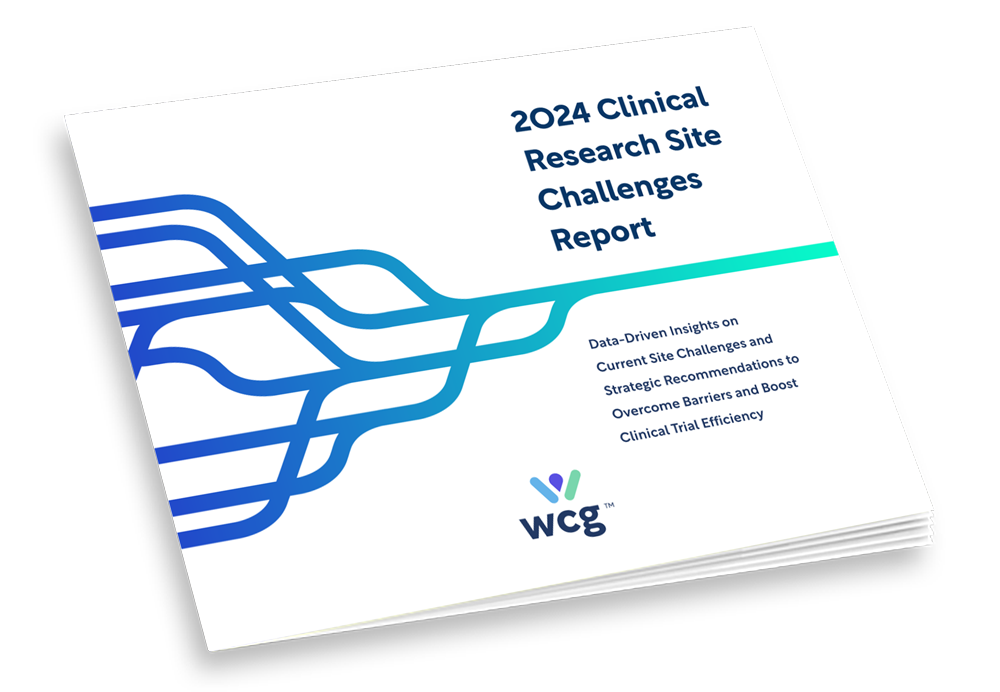Insights
Explore actionable insights on the clinical research industry from WCG experts and our data intelligence platform.
Explore Insights by topic:
Clinical Trial Operations
Diversity & Inclusion
Clinical Endpoints
Regulatory Compliance
Participant Recruitment
Site Efficiency
Webinar Series
The Future of Clinical Research Sites
Latest Insights

Biosafety
How Long Should Eyes Be Flushed After Exposure?
Blog Posts
Artificial Intelligence and Machine Learning in Clinical Trials
FDA Guidance on AI-Enabled Devices: Transparency, Bias, & Lifecycle Oversight
Blog Posts
Biosafety
Best Practices for Protecting Non-Participants in Human Gene Transfer Clinical Trials
Blog Posts
Ethics in Clinical Research
Regulatory Evaluations of Companion Diagnostic Medical Devices in Clinical Trials: Experiences of an Independent IRB
Blog Posts
Regulatory Compliance
ICH E6(R3) Readiness Assessment
Blog Posts
Pioneering Ethical Oversight in AI-Enabled Clinical Research: Insights on the New Framework
Blog Posts
Series: WCG Talks Trials
Future-Ready Research: Optimizing Sites for Continued Success
Podcasts
Series: WCG Talks Trials
Harnessing Generative AI in Clinical Research
Podcasts
Overcoming Study Start-up Delays: Best Practices for Research Sites
Blog Posts






